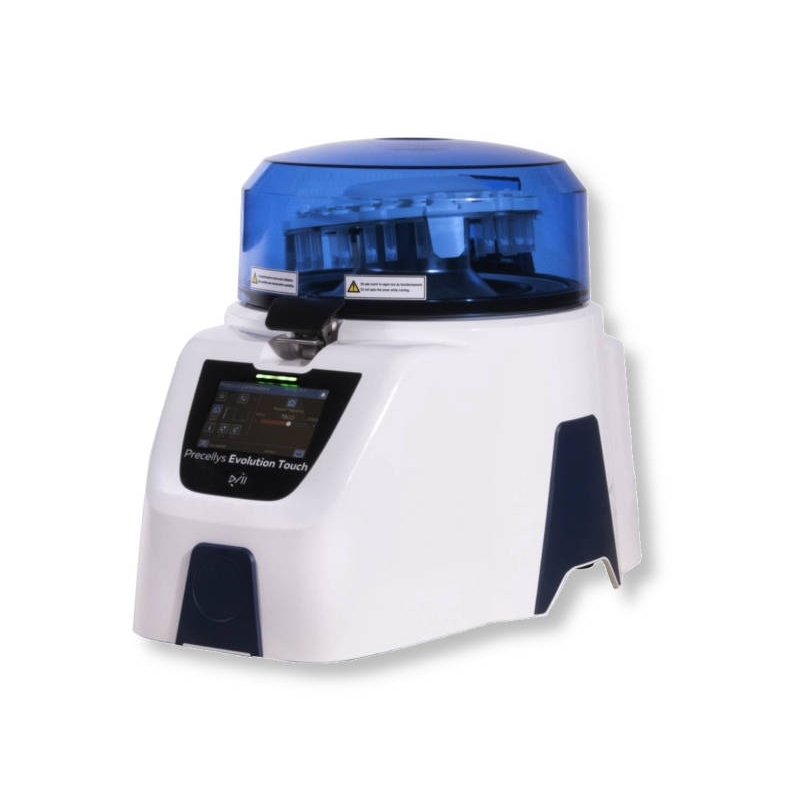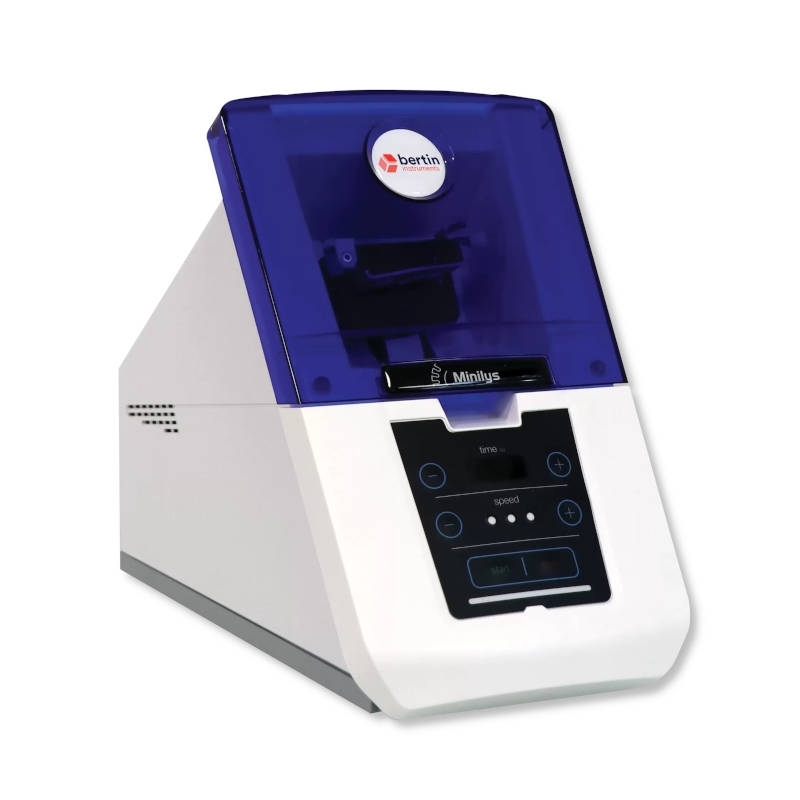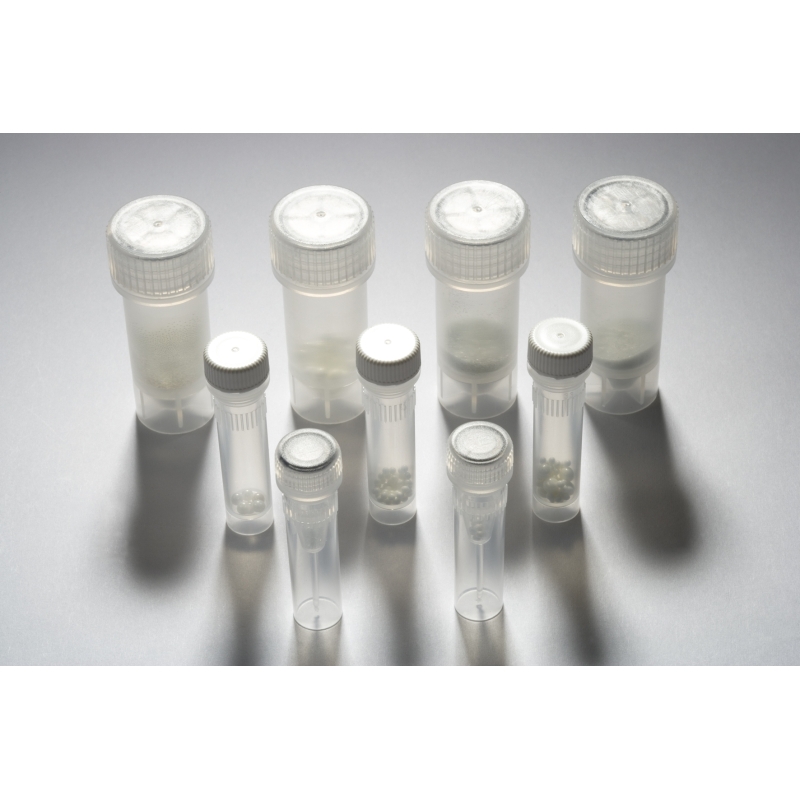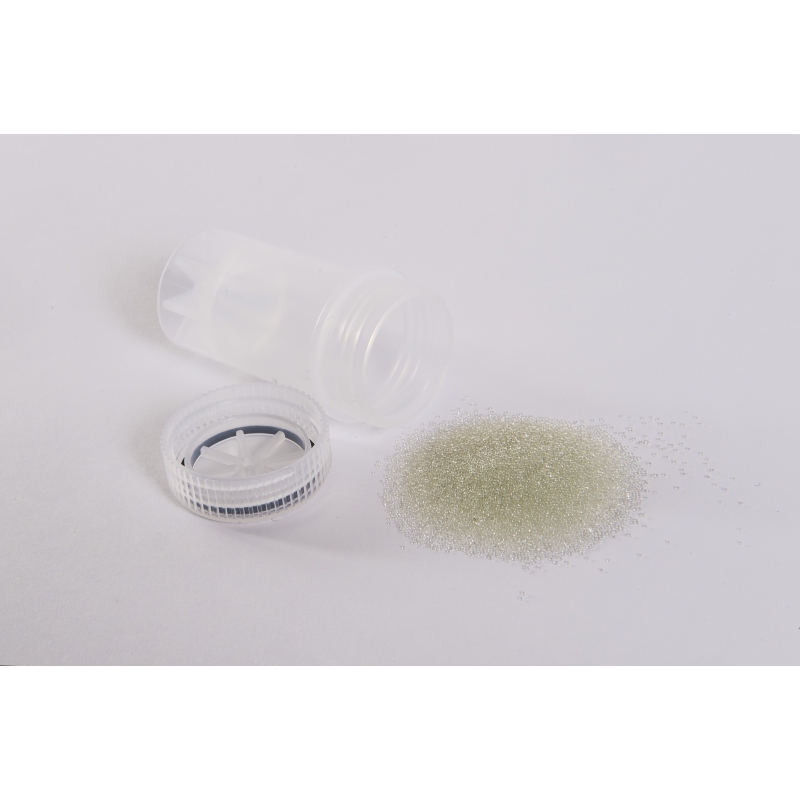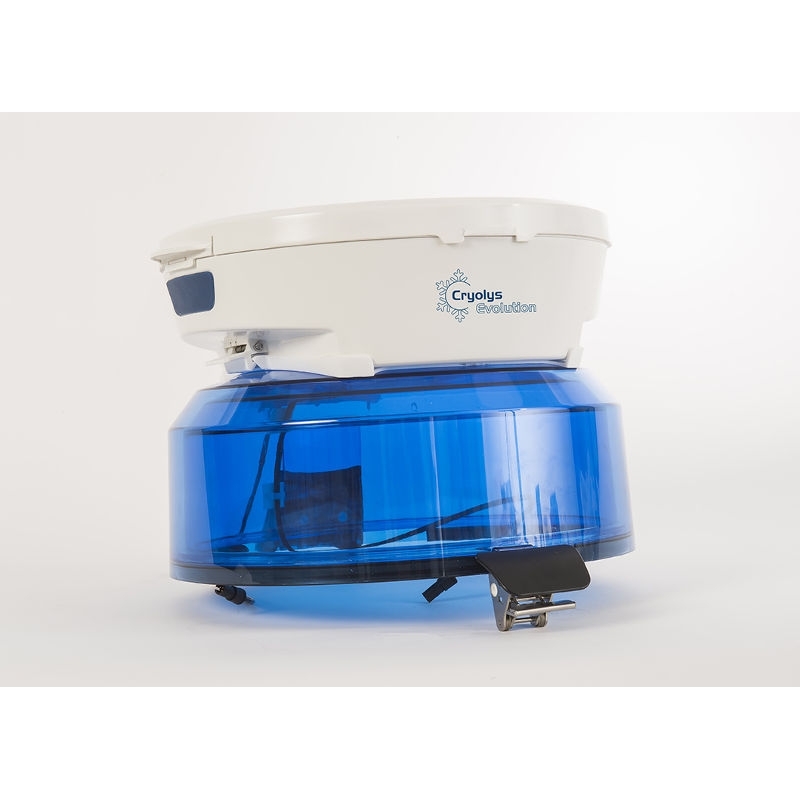Lysing Kits

Cancer research
Hard tissues such as those derived from tumors can be particularly difficult to homogenize, and many cancer researches utilize animal models. Precellys homogenizer is perfectly adapted to such applications.
Most soft tissue types such as liver, spleen or pancreas are relatively easy to homogenize. However, hard tissues such as those derived from tumors can be particularly difficult to homogenize, and many cancer researchers utilize animal models such as mouse, rat, etc., to study cancer progression. Complete homogenization is needed to extract high quality DNA, RNA or protein for further downstream processing. For applications such as microarray or sequencing analysis, it is important to maintain reproducibility amongst biological replicates during nucleic acid extraction.

Agronomy
Agronomy researches gathering GMO analysis, food allergies and plant studies, often require to grind hard samples such as seeds, roots or frozen food which are particularly hard to grind.
Most soft samples types such as leaves are relatively easy to homogenize. However, hard samples such as seeds, roots or frozen food can be particularly difficult to grind. Complete grinding in dry or liquid conditions is needed to extract high quality DNA, RNA or protein for further downstream processing. For applications such as microarray or sequencing analysis, it is important to maintain reproducibility amongst biological replicates during nucleic acid extraction. It is particularly interesting to identify species, GMO and understand their development mechanisms. Moreover, allergen studies can be performed more efficiently thanks to the capacity to grind in dry condition.

Forensic
Extremely hard samples such as bone, teeth, and hair are common in forensic laboratories. Popular downstream applications include DNA extraction from bone or teeth and drug extraction from hair.
Extremely hard samples such as bone, teeth, and hair are common in forensic laboratories, and downstream applications include DNA extraction from bone or teeth and drug extraction from hair. Biological evidence is available in small quantities, and it is a challenge to extract high quality DNA from scarce, organic material.
In patients suffering from alcohol abuse, monitoring abstinence while undergoing alcohol withdrawal treatments is followed closely by physicians. Precellys homogenizer is used to extract ethylglucuronide (EtG), a highly specific alcohol biomarker, from hair samples using liquid chromatography tandem mass spectrometry. Precellys can be used to dry grind hard samples such as bone or hair, which typically represents a challenge for many forensics laboratories, and offers an alternative solution to improving DNA and drug extraction yields from scarce biological material.

Pharmacology
Pharmaceutical research starts with molecule leads identifications either from natural model or artificial.
In both cases, the DMPK or animal toxicology models analysis, require to homogenize tissues.
In preclinical dermatological research for instance, complete skin homogenization is critical to determine the amount of compound delivered into the dermis and epidermis, which helps select for the best formulation prototype. The mass spectrometry analysis is often used for such application.
In addition to the capabilities of the Precellys to homogenize animal tissue, these instruments can also be used for micro or nano-milling of poorly water-soluble drugs to enhance bioavailability in pharmacokinetic studies. In clinical formulation development, the amount of active pharmaceutical ingredient (API) is often limited, and co-micromilling or nano-milling with various pharmaceutical excipients has been tested on the Precellys to increase solubility and dissolution rate of poorly water-soluble drug compounds.

Environment
Soil and environmental analysis often focus on microbiology studies and pollution impact on wildlife.
Microorganisms included in a biological matrix are particularly challenging to lyse.
Lysing microorganisms that are included in biological matrixes such as leaves can be particularly difficult to homogenize, and many environmental analysis utilize plant models to study microbial expansion and its potential impacts on wildlife. Complete lysing is needed to extract high quality DNA, RNA or protein for further downstream processing. For applications such as microarray or sequencing analysis, Precellys homogenizers help to maintain reproducibility amongst biological replicates during nucleic acid extraction.

Microbiology
Microorganisms studies are critical as they are used for bio-production or health researches. They are difficult to lyse due to their thick cell wall, which makes nucleic acid extraction difficult.
Microorganisms are difficult to lyse due to their extremely small size and their thick cell wall which makes nucleic acid extraction complicated. Precellys equipment and adapted lysing kits containing small (< 1 mm) glass beads to offer a real rapid and effective alternative to usual methods as chemical lysis or manual grinding. As Precellys solutions were initially designed for BSE diagnosis, it was mandatory to be able to work in BSL3 laboratories. This unique feature allow the Precellys to be used for infective and virulent microorganisms studies. Today, Precellys 24 or Precellys Evolution can be used in BSL4 laboratories, the ones working on HIV or Ebola.
